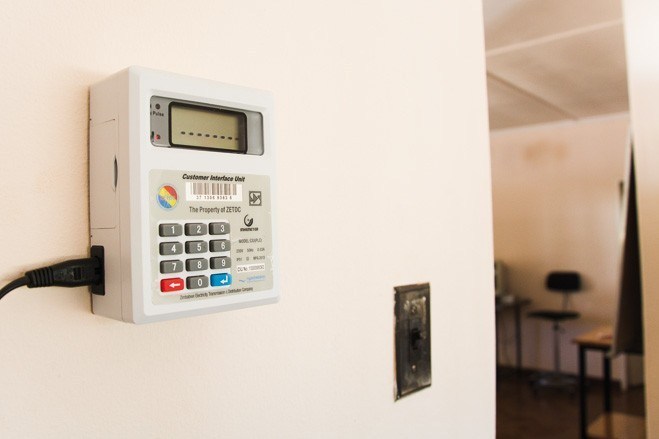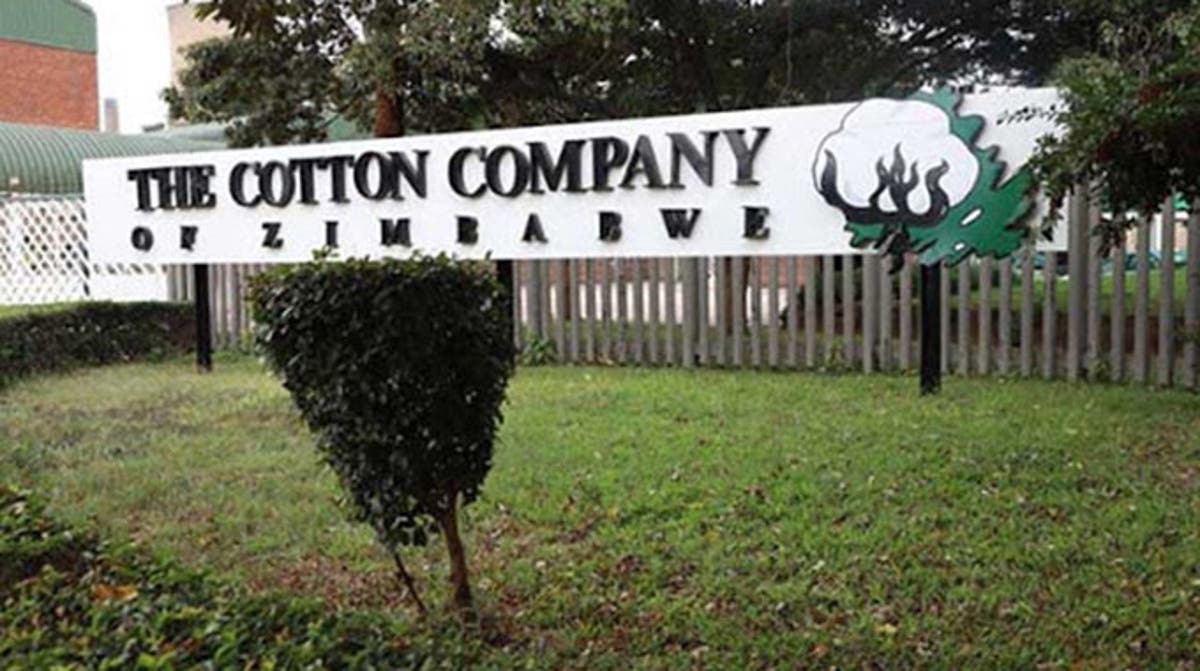NSSA constructs market stalls for SMEs, informal sector
The National Social Security Authority (NSSA) is constructing market stalls for small and medium enterprises (SMEs) and informal businesses across Zimbabwe as part of a broader initiative to support the growth of the SME and the informal sector.
The initiative aligns with NSSA’s broader goal of enhancing economic dynamics by supporting small businesses, which have become a crucial pillar of the national economy.
NSSA has since allocated US$5 million as seed capital for the establishment of Lendespark Finance, a micro-lending institution under its subsidiary National Building Society (NBS) to support small businesses.
Among the projects underway is the development of the Makoni Shopping Mall in Chitungwiza. The double-storey complex is designed to support SMEs and micro-enterprises by providing them with decent workspaces and access to the facilities necessary for growth and success.
Another key development is the Sakubva Shopping Mall in Mutare, where NSSA is partnering with the City of Mutare to create a green market and micro-industrial hub for SMEs.
The project not only focuses on economic development but also emphasises sustainability, catering to the growing demand for environmentally responsible business practices.
“NSSA is working on various initiatives aimed at the financial inclusion of SMEs and other players active in the informal economy. At Makoni in Chitungwiza, we are developing a double-storey mall to support SMEs and micro-enterprises by providing decent workspaces.
“In Mutare, we are partnering with the City Council to construct Sakubva Shopping Mall to build and run a green market micro-industrial hub for SMEs,” said NSSA in a statement.
These projects come as NSSA is already constructing commercial properties, with recent developments being the Chipinge Shopping Centre, Pomona Shopping Centre, and Gwanda Shopping Mall.
Analysts say NSSA’s ongoing efforts reflect a commitment to engage with underserved sectors of the economy, with initiatives crafted to promote the financial inclusion of SMEs and bolster the informal economy.
Offering recognised, decent working environments for informal traders, presents opportunities for formalisation, which in turn has the potential to increase government revenue streams, they say.
The model equates successful initiatives like the Small to Medium Enterprise complex established by Old Mutual in Harare, emphasising the value of organised commercial spaces for informal traders.
According to the Zimbabwe National Chamber of Commerce (ZNCC) State of Industry and Commerce survey of 2023, a significant 71 percent of Zimbabwean businesses operate informally. This high level of informality presents a serious challenge for tax authorities, particularly in taxing businesses operating in undefined spaces.
A study by the University of Zimbabwe researcher Curren Pindiriri estimates that informalisation cost the Treasury approximately US$1,15 billion between 2020 and 2023.
Analysts say that NSSA’s initiative to provide better working spaces for informal and small businesses is crucial, especially considering the devastating impact of recent fires at major trading centers in Harare.
The Glen View complex, for example, has suffered multiple fires, resulting in significant property losses for traders. The recent fire at Mbare Musika further highlighted the vulnerability of these businesses.
In response, the Government has intervened by funding the construction of a decent temporary trading market in Mbare while simultaneously planning for a larger, more modern facility.
Furthermore, this initiative will facilitate the formalization of informal businesses by providing them with organised and secure workspaces, thereby making it easier for authorities to collect taxes.
NBS head of marketing and corporate affairs Mrs Mildret Kujinga said the establishment of Lenderspark represents a transformative approach to financial inclusion, specifically tailored to address the diverse needs of the informal economy.
The initiative aims to revolutionise access to financial services within Zimbabwe, further solidifying NSSA’s commitment to empowering all segments of society while promoting grassroots economic growth.
Ms Kujinga said Lenderspark Finance was designed not only to meet the banking requirements of SMEs but also to enhance financial literacy, broaden access to loans and credit facilities, and create investment opportunities.
The services of Lenderspark are accessible through all NBS branches, extending its reach to informal sector workers, cooperatives, salaried employees, and other segments of the population.
“This initiative is open to all NSSA registered SMEs, whether they are just starting out, in the growth phase, or seeking to transition into fully-fledged corporate entities,” she said.
“By facilitating the flow of capital and encouraging collaboration among SMEs and value chain partners, we are paving the way for dynamic investment opportunities and sustainable business practices.
“I would encourage non NSSA registered SMEs to regularise thier registration with NSSA and other regulators so that they can be incorporated into the formal streams of business for the purposes of accessing opportunities,” said Mrs Kujinga.-herald








